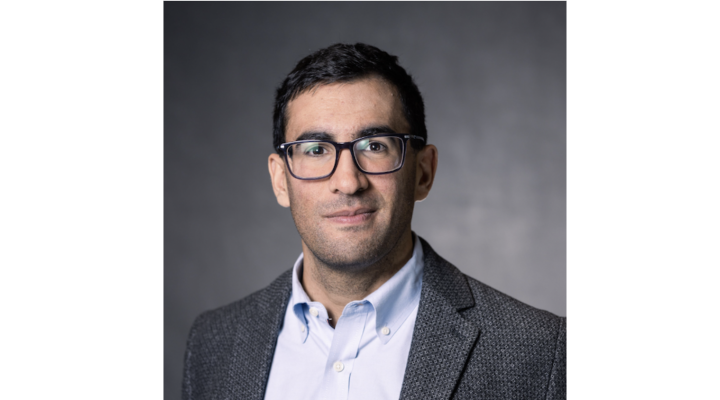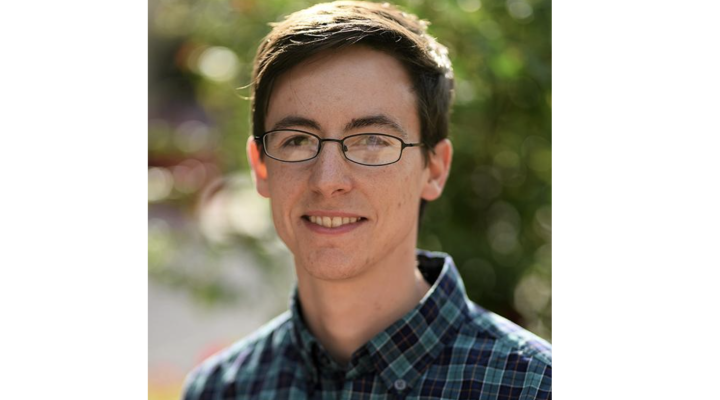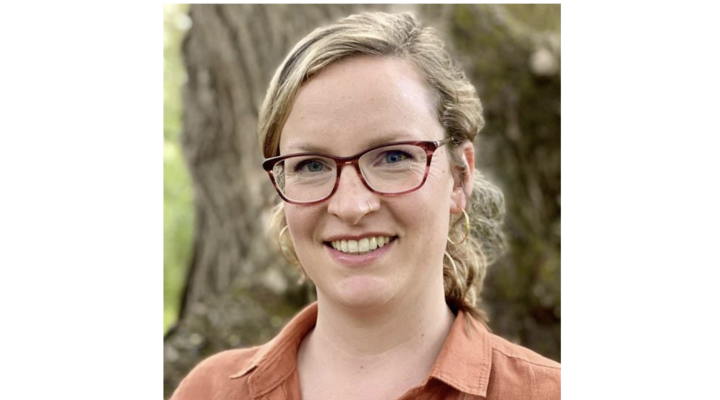It was CornellNYC Tech that lured Deborah Estrin east from California.
Estrin was the founding director of the Center for Embedded Networked Sensing, funded by the National Science Foundation, and a professor of computer science at the University of California-Los Angeles. As one of Wired’s “50 People Who Will Change the World,” and CNN’s “10 Most Powerful Women in Tech,” Estrin has a powerful reputation in her field. Her research passion—personalized, mobile healthcare—could easily be the next wave for a cost-concerned health-care sector.
She is a pioneer in networked sensing, which uses mobile and wireless systems to collect and analyze real-time data about the physical world. Estrin's work has shown how the data streaming from networks of such devices as smartphones and cameras can enrich our understanding and management of complex problems, from personal and public health to traffic patterns and civic engagement. She has also shown a commitment to K-12 education, spearheading a groundbreaking internship program for Los Angeles high school students in mobile technologies and data.
What drew Estrin to Cornell, she told tech-blogger Kelly Faircloth, was the promise of “innovation that crosses all sorts of boundaries: the boundaries between academia and industry, theory and application, teaching and research, commercial and social good.”
At Cornell, Estrin is a professor of computer science, and professor of public health in the Weill Cornell Medical College. She is also co-founder of Open mHealth, a nonprofit dedicated to developing and offering open-source software to aid in developing strong mobile healthcare solutions. Her work connects directly with Cornell NYC Tech's healthier life and built environment hubs, where Estrin believes that mobile technology will be used to transform the worlds of public health and patient care, urban planning, design and sustainability.
“mHealth strategies can leverage pervasive mobile technologies and powerful cloud based analytics to create patient-centric tools for chronic disease management,” she says. “I collaborate with clinical experts to identify new approaches to passive data collection and inference and am working toward developing 'behavioral biomarkers' that can fill gaps in the data clinicians need in order to deliver precision personalized care.”
Estrin holds a master’s degree and Ph.D. in electrical engineering and computer science from Massachusetts Institute of Technology. She also earned a bachelor’s degree in both disciplines from the University of California, Berkeley.
Choosing the field was natural for her, she says. “Both of my parents had PhDs in electrical engineering and were very engaged in the inventive community of academics from the early history of computing. I have always viewed this discipline as an exciting and intellectually rewarding way to have positive impact in the world.”
Estrin is a member of the NAE. She is the winner of the Women in Technology International Hall of Fame Award (2008) and Anita Borg Institute's Women of Vision Award for Innovation (2007), and she serves on the President's Council of Advisors on Science and Technology and the President's Innovation and Technology Advisory Committee.




